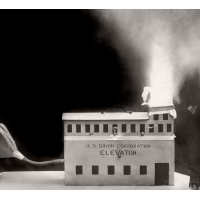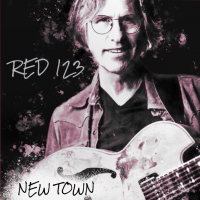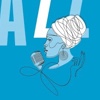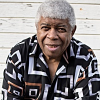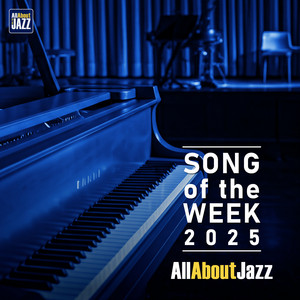Home » Search Center » Results: Horace Silver
Results for "Horace Silver"
Lajos Dudas: The Lake and the Music

by Mark Sullivan
The Hungarian-born, German-resident clarinetist Lajos Dudas has a lengthy discography, and his long career was celebrated by the Vimeo video Ein Künstlerportrait. He has played classical music, and jazz from bebop to free. But, for what he says is his final album, he has chosen to play fresh interpretations of jazz standards and songs from the ...
New Faces - New Sounds

by C. Michael Bailey
Jazz is littered with musicians like Elmo Hope: young, talented and, ultimately, doomed because of racism, poverty, and chemical dependency. Born in New York City, the son of immigrants from the Caribbean, Hope managed to release more than a baker's dozen of studio recordings in as many years, before dying of drug addiction-related health problems in ...
Stephen Menold: On the Night Bus
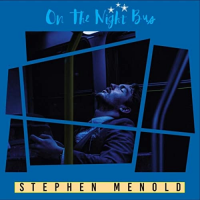
by Jack Bowers
Stephen Menold's ride On the Night Bus is for the most part an amiable and pleasant trip, one wherein the Canadian-born bassist's quintet revisits a time when bop reigned supreme and giants whose names are forever enshrined in the historic annals of jazz were alive and swinging. While Menold says his series of ten original compositions ...
Drummers as Bandleaders: An Alternative Top Ten Albums

by Chris May
Drummers have been key members of every band which has changed the course of jazz history, from Max Roach with Charlie Parker to Elvin Jones with John Coltrane and onwards. Yet drummers have been the leaders of a surprisingly small proportion of landmark bands themselves. Chick Webb in the 1920s was the first of the few. ...
Bobby Shew / Bill Mays: Telepathy

by Nicholas F. Mondello
Trumpet and piano duo albums are relatively rare. Louis Armstrong and Earl “Fatha" Hines' “Weather Bird" (1928) was a groundbreaker, although a single. Oscar Peterson and Dizzy Gillespie (Pablo, 1974) and Clark Terry's One on One (Chesky Records, 1999), where CT played with fourteen different jazz pianists, come to mind. Telepathy, a horn-piano collaboration featuring trumpeter ...
Hard Bop: An Alternative Top Ten

by Chris May
Hard bop was the jazz centre of the world from the mid 1950s to the mid 1960s, producing many hundreds of immortal albums. Trying to whittle these down to a definitive Top Ten is fun--but it is a subjective and ultimately impossible exercise. In an attempt to dodge those hurdles, the list which ...
Steve Davis at the Attucks Jazz Club

by Mark Robbins
Jackie McLean nicknamed trombonist Steve Davis Stevie-D. McLean got him his first major gig in New York with Art Blakey and Davis hasn't slowed down yet. With 20 albums as leader and over 100 as sideman to such giants as Chick Corea, Horace Silver, Jackie McLean, Freddie Hubbard, and too many more to mention, his performance ...
Grammy Winning Trumpeter, Composer, Producer, Arranger, Multi-Instrumentalist, Songwriter Michael Leonhart Spins Classic & Rare Blue Note Albums On April 21st At 7:30pm ET

Live from Leonhart's Lounge! Grab your favorite beverage, sit back and tune in as Michael Leonhart (of Michael Leonhart Orchestra and Steely Dan) “drops the needle" on some classic and rare Blue Note albums on April 21, 2020 at 7:30m ET. A virtual listening party As part of their ongoing monthly residency at Jazz Standard, the ...
Blue Note 50th Anniversaries: April 1970

by Marc Cohn
Time for 50th anniversary Blue Notes from April, 1970 from Duke Pearson (It Could Only Happen With You), Horace Silver (That Healin' Feelin'), Chick Corea (The Song Of Singing), and Wayne Shorter (Moto Grosso Feio). We've also got BN-21 from January 6, 1939 with Albert Ammons on the 88s. Along the way, Stanley Turrentine, Erik Jekabson, ...
Yoko Miwa: Keep Talkin'

by Angelo Leonardi
Tra le jazz ladies giapponesi che operano negli Stati Uniti (ad esempio Satoko Fujii e Miho Hazama), Yoko Miwa è la meno nota al pubblico italiano ed è un peccato visto l'alto valore di questo disco e dei sette già realizzati. Nata a Kobe 49 anni fa, Yoko ha studiato pianoforte nel suo Paese ...






